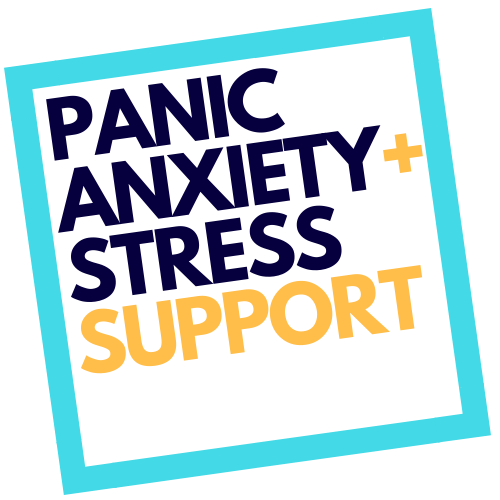All stressors are the same!
Actually, they are not.
A stressor, according to the Centre for Studies on Human Stress in Montreal, is anything that causes the release of stress hormones. The three main stress hormones are Adrenaline, Norepinephrine and Cortisol, but there are many more others like estrogen and testosterone.
There are two main types of stressors: psychological stressors, and physical stressors.
In short, psychological stressors affect your mind, where physical stressors affect your body. Cognitive stressors are those that affect your thinking patterns, such as long periods of isolation and extreme pressures at work. Emotional stressors are things that invoke emotional reactions, such a interpersonal relationships causing anger, or a death in the family causing grief.
Physical Stressors include environmental and physiological stressors. Environmental stressors are things from the surroundings like temperature and noise that can cause stress. Physiological stressors are from body conditions independent of surroundings like poor sleep and diet which can make you feel a little crappy.
Scientists are now further categorizing stressors into absolute and relative stressors. An easy way to remember this is that everyone with ABSOLUTELY be affected by absolute stressors –such as natural disasters; earthquakes and tsunamis, where relative stressors are situations that are RELATIVELY stressful for only some. For example, work pressure, traffic, or test taking. Some people don’t find exams stressful, maybe they are great test takers, where as other can experience test anxiety.
“The goal of stress management is to bounce back from problems or challenges and maintain wellness”
So, how can we manage and prevent stress? Firstly, no one can eliminate all stress from their life. Stress is a part of being human and as we talked about before, it can even motivate us to survive or thrive. Instead, what we try to do is try our best to manage it, so the stress we experience is perceived more positively than negatively which can lead us to undesired coping mechanisms. The goal of stress management is to bounce back from problems or challenges and maintain wellness
One useful tool that CMHA developed in a stress index test, where you can take to find out your stress levels. Sometimes, as young people, we are so good at ignoring our stress symptoms to focus on work, that it becomes hard to tell if you are stressed. Are you doing ok, or are you just perpetually stressed?

